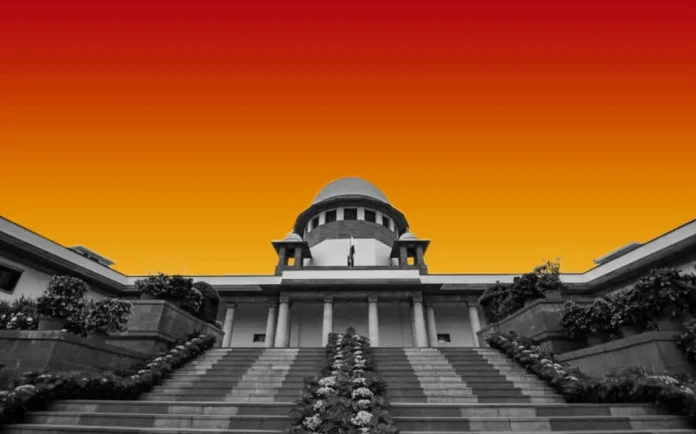The Supreme Court came down heavily on the Union government over its failure to comply with the July 2024 orders of the Court, directing appointment of a visually-impaired person and other candidates with disability, who had cleared the civil services examination in 2008.
The Bench of Justice Abhay S Oka and Justice Augustine George Masih issued a contempt of court notice to the Secretary of Department of Personnel and Training (DoPT), asking him to reply as to why contempt proceedings should not be initiated against the Department.
It also directed the Secretary to file an affidavit by December 19, showing compliance with its July 8 judgment, and listed the matter for further hearing on December 20.
In case the Secretary failed to file the affidavit by December 19, he would be summoned to appear before the Court in person via video-conferencing on December 20, noted the Bench.
The order was passed on an application filed by the Centre seeking extension of time for compliance with the July 8 order of the Apex Court.
The Bench had earlier directed the Union of India to consider appointing Pankaj Kumar Srivastava and 10 other candidates with disabilities, who had featured above Srivastava in the 2008 merit list, against backlog vacancies of posts reserved for Persons with Disability (PwD).
The counsel appearing for the candidate apprised the Court on Monday that the appointment order was not issued despite a lapse of five months.
Calling it a contempt of court, the counsel submitted that the litigation has been going on since 2009 and yet there was no compliance by the Centre.
The DoPT replied that it would examine the candidates as per the rules prevalent during 2008 and notify their appointments in due course.
The Apex Court observed that everyday, it was witnessing such treatment being being meted out by the Union government to Persons with Disability. The Centre did not want to appoint the applicants and wanted to examine him so that it could find something and reject his candidature, it added.
On July 8, the top court had pulled up the Union of India for opposing the appointment of a visually-impaired man to a civil service post, despite several vacancies for PwD candidates remaining unfulfilled.
The bench had invoked its extraordinary powers under Article 142 of the Constitution to grant relief to Srivastava, who had been litigating before various courts since 2009 for an appointment to the civil services.
As per Srivastava, he appeared for the Civil Services Examination in 2008. After undergoing the written and interview stages, he was not appointed to any post.
The candidate filed an application before the Central Administrative Tribunal (CAT), Delhi in 2009. In 2012, CAT held that PwD candidates, who scored sufficient marks and were selected from the general category, must not be counted as candidates falling under the reserved category for PwD candidates. The Delhi High Court upheld the Tribunal’s order.
The Union Public Service Commission (UPSC), meanwhile, told Srivastava that he was not going to be appointed even against the quota earmarked for visually impaired candidates.
The candidate challenged this UPSC decision before the Delhi High Court by way of a writ petition. On July 8, the Supreme Court granted relief to Srivastava, even as his writ petition remained pending before the High Court.
Noting that there was a gross default in the Central government’s conduct, the Bench observed that Respondent no.1 (Srivastava) was made to run from pillar to post to get an appointment, even though there was a large backlog of vacancies in various PWD categories.
Relegating respondent no.1 to the High Court would be unjust. He has been fighting for justice from 2009. If the appellant had implemented the PWD Act,1995, in its true letter and spirit, respondent no.1 would not have been forced to run from pillar to post to get justice, added the Apex Court.


